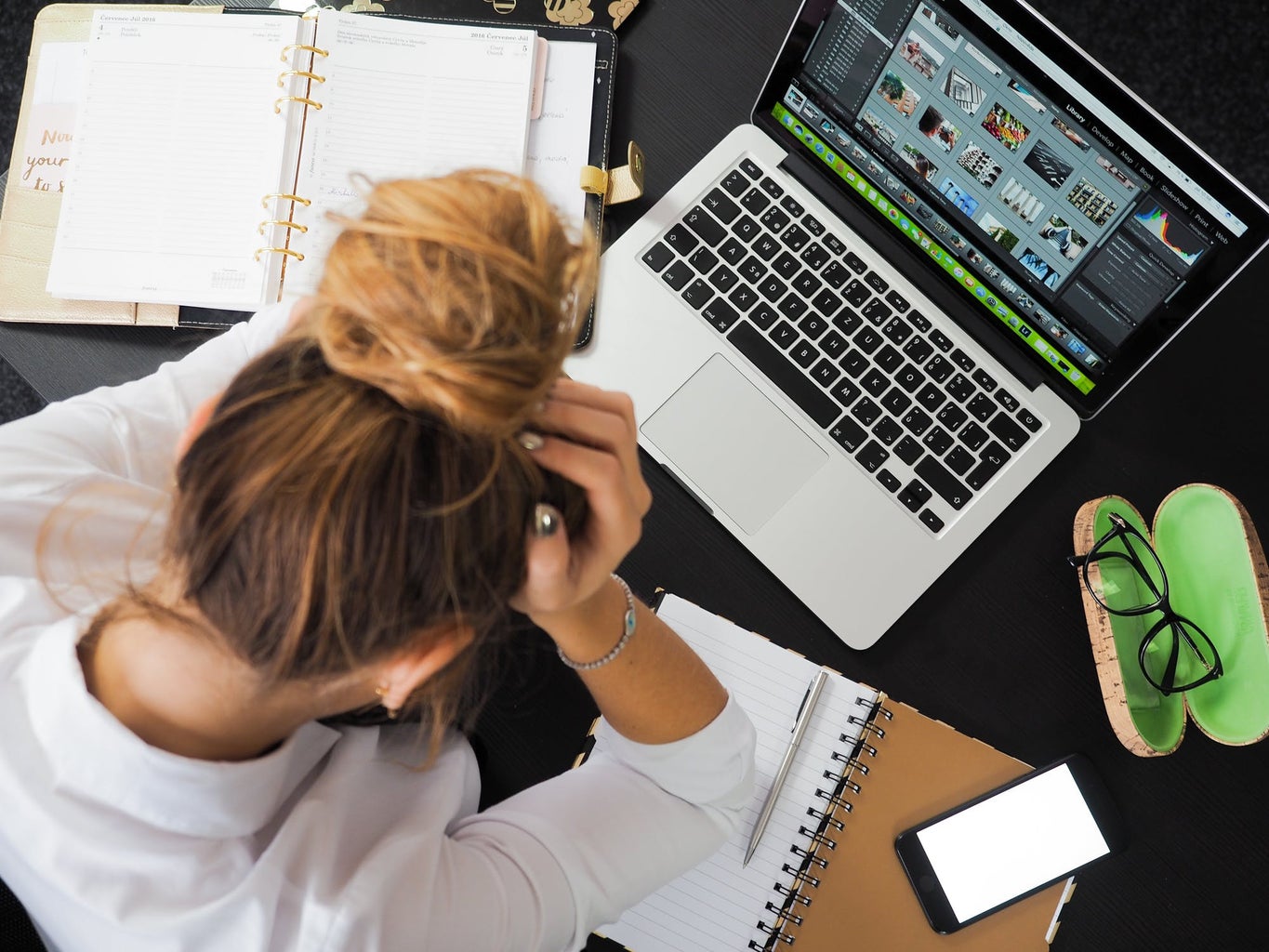For starters, let’s outline the differences between high school and university academics. In high school, most of the exams were not curved (at least at my high school). It was not uncommon for the average on the exams to be higher and for students to actually receive a perfect score. Moreover, the workload in high school might have been overwhelming, but you would usually learn the material at a slower pace.
As for college, most courses don’t meet every day, and there aren’t nearly as many assignments in high school—meaning the bulk of your own studying comes from reading the textbook, reviewing flashcards, etc. For college exams, the exam averages are significantly lower. Yes, there are some courses where the averages are higher. However, the exams in college are designed to be difficult and challenging. Exams are curved for a reason. Typically, the professors aren’t expecting the students to receive a perfect score on their exams. Let me say it again. Most exams are not meant to be aced. The exams are meant to be passed. You don’t always have to score the best on the exam or score above the average. It’s okay if you don’t perform as well on an exam as you would have liked. We make mistakes. We’re all amazing and brilliant, but we are human.
If you just recently received an unfavorable grade and are beating yourself up over it, then you better stop beating yourself up right now. What is tearing yourself going to do now? The assignment, quiz, exam, project, paper, are done now. You should be considering what you’re going to do to improve on the next thing. Use the poor grade as a stepping stool and a learning opportunity.
An unfavorable grade on an assignment or quiz isn’t the end of the world nor is missing one of them. Occasionally, professors will drop the lowest assignment/quiz grade. Please don’t stress over not doing well on one of these. Just think about it. It’s better to not do as well on an assignment or quiz than on an exam. Make mistakes early on and grow from it.
When you get a bad exam grade, then think about where you can go from there. I use the term “when” because there’s a higher likelihood that you do poorly on at least one exam than performing well on all of your exams. After a bad exam, then think about the areas where you excelled and the parts that gave you trouble. Ask yourself: what could I improve on? Below you will find a list of what to do to move forward from a poor grade.
- Review any missed questions
- Walk through challenging questions with your professor or TA
- Consider studying differently and/or earlier for your exam
- Seek course help early on
- Complete all assignments
- Read any textbook materials and take notes
- Make sure you understand how your professors ask their questions
- Take detailed notes during the lecture
- Ask questions if you are unsure about something
- Make a study group with other people in your class
Remember that college courses are difficult, and you are not expected to always perform the best. All that you need to focus on is performing your best.





